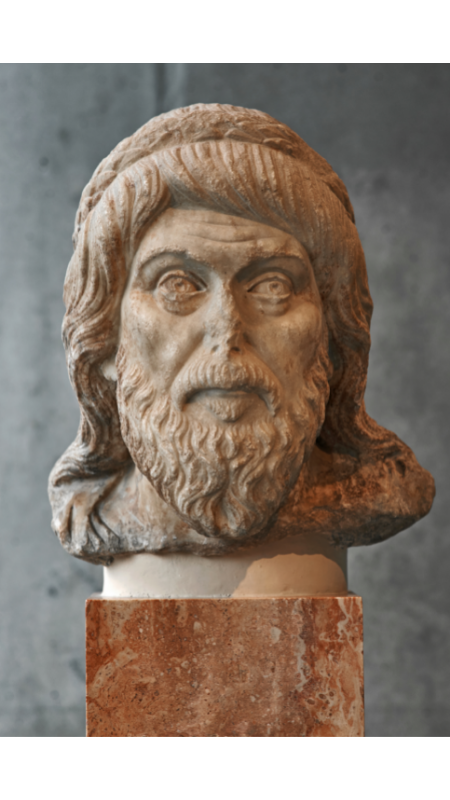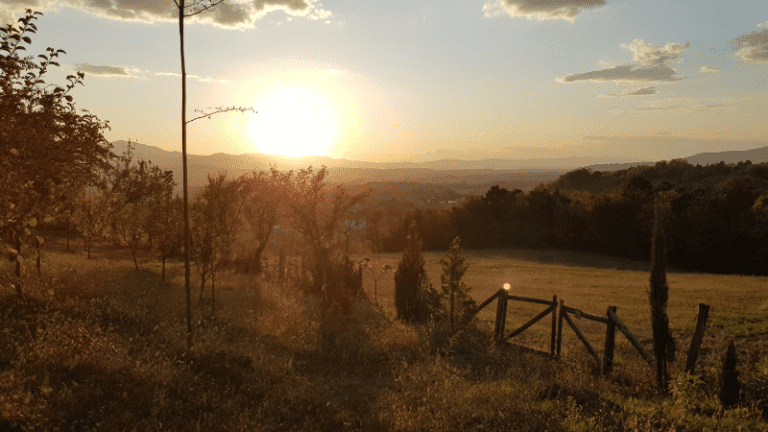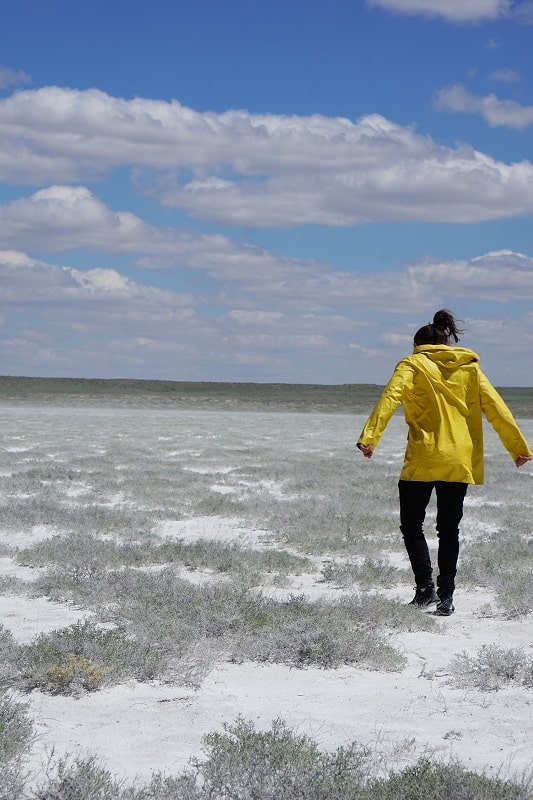Plutarch: Finding errors is easier than improving them
Hardly anything jumps out at you as quickly as a mistake. It is easy to point the finger at the mistake. It is much harder not to make a similar mistake or to straighten out the mistake. But why is that?
Plutarch was an ancient writer who lived in Greece around 100 AD. During the time of his education, Nero ruled over the Roman Empire (by the way, at this time the Roman Empire also had the peak in its geographical expansion). Plutarch died during the reign of Hadrian.
"It's easy to find mistakes; it can be difficult to make them better."
- Plutarch
In everyday life, we often don't notice how many things actually work perfectly. We don't worry that the light comes on when we flip the switch. We also take it for granted that the water comes out of the tap when we turn it on. The same goes for our computers, cell phones, instruments, dishwashers, washing machines and more. We also take it for granted that after the page we read in a book, the next one comes. But when we turn the page and notice that a page is missing, or flip the light switch and it still stays dark, we notice it in a split second. It really jumps right out at us.
This happens because our brain no longer needs to "explore" the familiar environment around us. We know that we are no longer exposed to any danger in this environment that is familiar to us. However, as soon as the environment we are familiar with no longer acts as we are used to, our brain switches back to the mode of exploration. We first have to analyze what is wrong. For example, is it just the fuse that blew out and that's why we have no light, or is it a major power outage? We first have to find our way around this new situation. As soon as we have found the cause why our environment does not interact with us as usual, we can return to the familiar
Switch to stand-by mode.
So we don't have to actively do anything to find the error. Our brain automatically switches to a kind of alarm mode as soon as something unexpected occurs. To solve the problem, however, we have to become active. We have to act and take the initiative. We have to recognize the problem and find potential solution strategies.
In addition, we often cannot do anything for mistakes. Of course, we can very well do something for mistakes we make ourselves, yet it often happens that the mistakes were made by accident, by someone else, or by a higher force. An example of a higher force would be if the car was damaged by a hail storm. However, whoever is responsible for the error is irrelevant, because it is up to us to fix it.
So the next time you notice a mistake, don't just point it out. Try to make it better or eliminate the problem.
Did you like this article? You can let us inform you about new articles:







